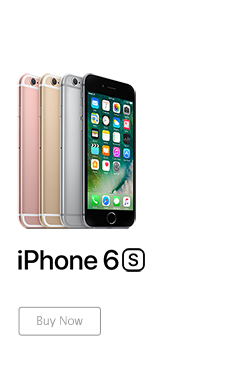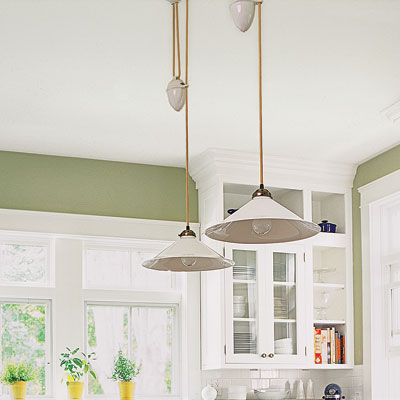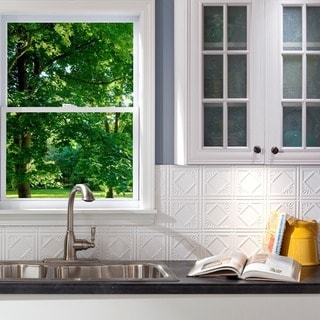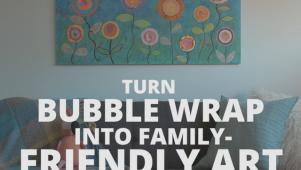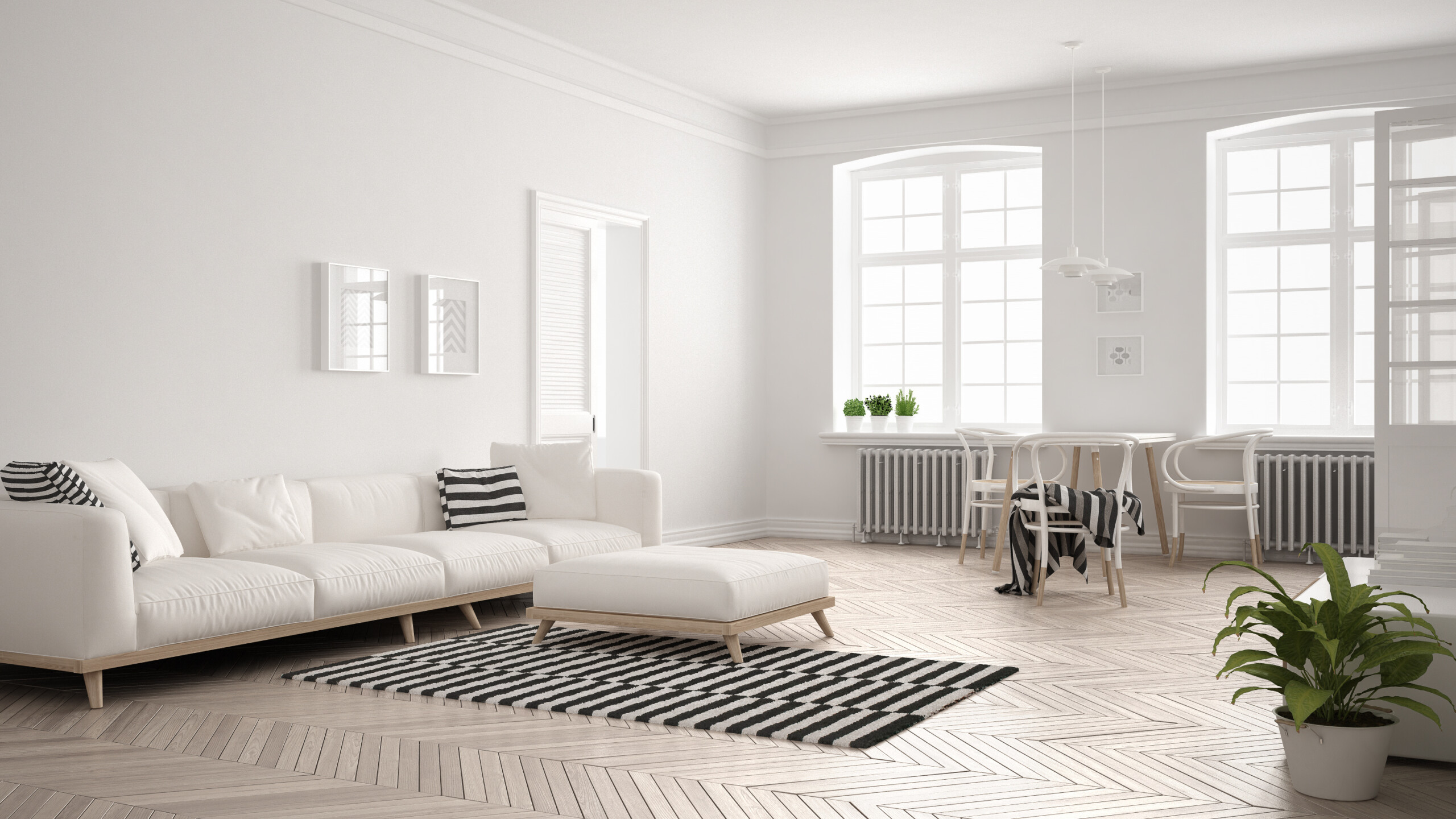Seventeen months into the COVID-19 pandemic, employers are—for now, anyway—itching to get employees back in the place of work.
But “back to regular” just isn’t a put where by some employees want to go. For customers of minority groups, “business as usual” intended sensation like the “other” at the business office.
The office environment is supposed to be a software for facilitating work, but that has not been the case for everybody. For example, about 1 in four Black staff, and just about a person in 3 Hispanic employees, noted discrimination in the place of work, in accordance to a 2020 Gallup survey—exceeding studies by white personnel by a significant margin.
“My mental wellbeing has made strides in the last couple months,” claimed longtime internet marketing strategist Courtney Garrett, who manufactured WFH a nonnegotiable portion of her new changeover from freelance get the job done back again to total-time employment. “Yes, there was a ton to offer with and unpack with the pandemic, but it took a ton off of my plate not acquiring to be in an place of work.”
Doing work from home affords everyone perks not very easily accomplished at a common office: a midday shower, possibly, or a lunchtime nap. But for customers of minority groups, working from home serves as additional than a time-conserving hack. It’s about obtaining a spot in which they are harmless and absolutely free to be who they are.
“I am a Black woman, a female of shade, and a person who checks a whole lot of the ‘other’ bins,” explained Garrett, an LGBTQIA+ and BIPOC advocate. “A whole lot of moments in place of work areas you can only provide pieces of oneself, which I sense can hinder artistic considering and progressiveness. All those are crucial, in particular considering the fact that I work in advertising and marketing. At house, I really feel more snug to be myself and converse up in distinctive capacities.”
That sense of in-office environment “otherness” spans industries. Warranty coordinator Nathan Wright explained he is made use of to sticking out in the “exceptionally male and white” industry of household building management.
“Just the sight of me—a Black man with palms-on constructing experience—makes me a standout,” he said. “This can set tension on me to reduce myself to make many others sense cozy so as not to cause their insecurities about their have knowledge or knowledge of our marketplace. Doing work from household minimizes that.”
It really is not simply a tiny make a difference of ease and comfort. For Wright, it is a significant make any difference of particular wellness. “I’ve put in my daily life working with scientific despair, and in navigating it, I have acquired a number of triggers are totally tied to my operate ecosystem,” he stated. “It’s completed wonders for my psychological health and fitness just to have the possibility to determine, when I wake up, regardless of whether I’m heading into my workplace or performing from dwelling.”
Garrett concurred: “I never have to offer with microaggressions. I really do not have to fear about becoming micromanaged.”
That is a major deal when collective grief and strain among the persons of colour are at an all-time superior in the wake of an ongoing pandemic and decades of social unrest. While organizations are starting to wake up to the have to have to be more conscious of employees’ mental health and fitness, a current study by corporate mental well being solutions provider Ginger demonstrates that most workforce imagine their providers are not accepting of emotional and mental overall health problems in the workplace, even if their CEOs come to feel if not. Performing from dwelling can enable ease the agony.
Of system, a virtual atmosphere are not able to remove harmful perform problems. Tinu Abayomi-Paul, a freelance author and editor who is Black and disabled and a vocal disability advocate, recollects a not-so-microaggression she experienced during a digital conference with a client.
“The very to start with meeting we experienced, the main contractor introduced up the truth that the person in the chat with me was a Trump supporter,” she reported, noting that the previous U.S. president was roundly criticized for openly mocking a disabled reporter through a 2015 rally.
So much for emotion harmless doing work from home. Explained Abayomi-Paul: “It was so traumatic for me.”
WFH is not a fantastic science, but the virtual natural environment has authorized members of underserved minority groups the chance to serve by themselves. They aren’t prepared to give that up.





